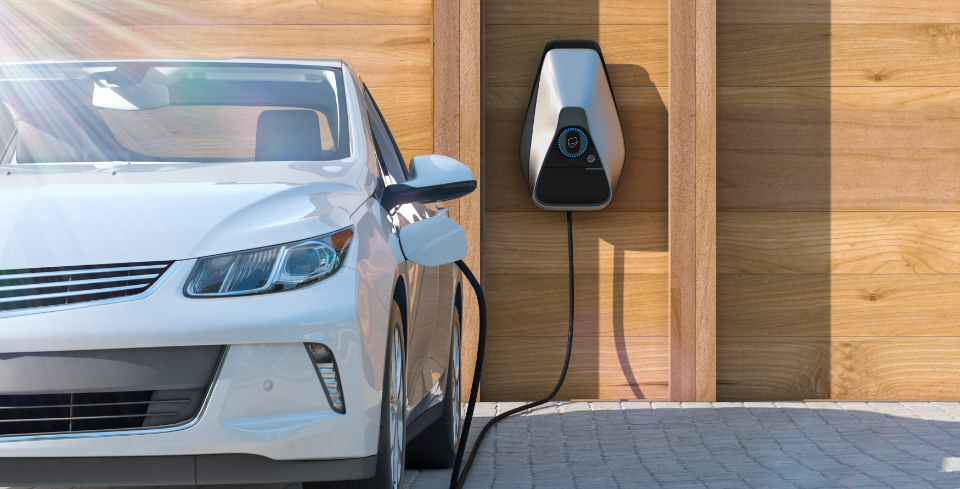Thinking about making the switch to electric? Brilliant! One of the biggest perks of owning an EV is the convenience of home charging.
No more detouring to a petrol station – just plug in when you get home. But before you enjoy that luxury, there’s the question: What’s the price tag for getting a home charger installed?
It’s not a simple fixed price, unfortunately. The cost can vary quite a bit depending on several factors. Let’s break it down.
The Key Cost Factors
Think of these as the main ingredients that make up the final bill:
- The Charger Itself: Different units have different prices.
- Installation Labour: How much work is involved in fitting it?
- Electrical Bits: Do you need any upgrades to your home’s electrics?
- Grants: Are you eligible for any government help?
Breaking Down the Costs
You’re essentially paying for two main things:
- The EV Charger Unit: These typically range from around £300 up to £1,000 or more, depending on the brand, speed (most UK homes get 7kW), and smart features.
- The Installation: This covers the electrician’s time and materials to connect the charger safely to your home’s electricity supply. This is often where the cost varies most.
Types of EV Chargers
Most home chargers in the UK are 7kW, offering a good balance of speed for overnight charging. You’ll choose between:
- Tethered: Has a cable permanently attached (convenient, but needs the right connector type).
- Untethered: Just a socket; you use your car’s cable (tidier, flexible if you change cars).
- Smart Chargers: These connect to Wi-Fi, allowing you to schedule charging, use cheaper tariffs, and are usually required for grants. They might cost a little more upfront.
Installation Complexity Matters
This is a big one for the labor cost. The further your consumer unit (fuse box) is from where you want the charger, the more cable is needed and the longer it takes to run it neatly and safely. Older houses might require more work to meet current regulations. Needing an earth rod installed is common and adds a bit to the job.
UK Government Grants: Is Help Available?
This is crucial for UK residents. The main OZEV grant for homeowners living in houses (the EVHS) closed in March 2022.
However, help is still available through the EV Chargepoint Grant for:
- People living in flats.
- People living in rental properties.
- Landlords.
If you’re eligible, this grant covers 75% of the cost of buying and installing a socket, up to a maximum of £350. You must use an OZEV-approved installer and a grant-eligible chargepoint.
Always check the latest eligibility criteria on the government’s website.
Typical Cost Ranges (Estimate)
Putting it together, a standard installation for a 7kW smart charger in a typical UK home where no grant is available for homeowners might cost roughly £800 – £1200 all-in.
If you are eligible for the £350 grant (e.g., living in a flat), that could bring the cost down to £450 – £850.
More complex jobs (long cable runs, needing upgrades, trenching) can push costs higher, potentially £1,200 – £2,000+.
These are estimates; always get quotes.
Getting Quotes
Get 2-3 quotes from qualified, OZEV-approved installers. They’ll assess your specific situation and give you an accurate price. Make sure the quote is detailed and includes everything.
Beyond Installation
Remember, once it’s installed, you only pay for the electricity you use. Using a smart tariff designed for EVs can make charging significantly cheaper, often overnight.
Conclusion
Installing a home EV charger is an investment, but the convenience it offers is a game-changer. While the cost varies based on the unit, installation complexity, and grant eligibility (check if you qualify!), for many, it’s a worthwhile expense that makes EV ownership much easier and often cheaper in the long run compared to relying solely on public charging.
Get those quotes and start enjoying effortless home charging!








